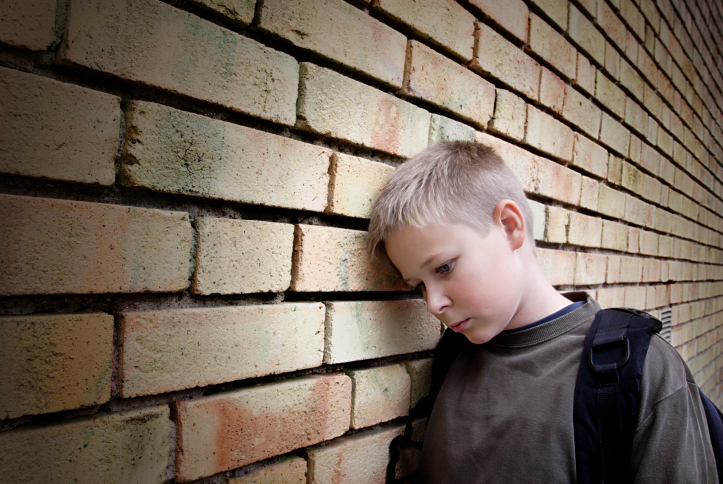In my last blog, I discussed my fears of my son being
bullied – especially in the dreaded middle school.
How can teachers and
other adults help with students who bully autistic students?
It’s no secret that teachers, administrators, and aides have
to be aware of the bullies. They have to try to anticipate when problems might
arise near a known bully. An administrator once told me that bullies typically
don’t change their behavior easily and more often than not the parents are no
help.
Adult intervention is not a full-proof answer to all
potential bullying situations. But, schools these days are trying to be very
proactive bullying. Most parents appreciate that.
However, parents of special needs kids still understand that
this topic is different when it comes to our kids. There are plenty of times
where kids are on the yard or in the cafeteria or walking to school when an
adult is not present – more so in middle school and high school. And, these
non-instructional downtime periods will lead a bully to “do their thing.”
Teachers and other adults should know about our kids, their
tendencies, and what out for when a peer group wanders away with a peer that
typically isn’t among that group. Parents of others kids should also be on the
lookout for bullying situations – and not just ones that involve their child.
What else can I do?
For years, I have been brokering good communication between
myself and my son. I have said to him many times, “If you feel you’ve been
bullied, please tell me.”
I also say things like, “Don’t be afraid to tell me
anything. ANYTHING at all.”
Observing other situations and having my son report them to
me also gives me an opportunity to keep the lines of communication open. My son
could say something like, “Johnny was yelling at Peter on the yard today and
Peter told our teacher.”
My response? “That’s good. If Peter felt uncomfortable and
felt Johnny was being extra mean to him, it was good for him to tell his
teacher. And, maybe even tell him mommy, too.”
My son is sometimes observant like this and I try to find
these types of teaching moments. I try hard to prepare him for ANYTHING.
What do you tell your
child about bullies?
I believe you should try to teach your child to feel
compassion toward a bully. You want to try to diffuse any fear. You do not want
your child to be afraid of the bully because the bully is just like them. He is
just a kid who struggles with things.
Here is a list of things you can say to your autistic child:
Don’t let the bully get to you. You must be brave.
Don’t just go along with a bully.
Keep trying to get the bully to stop. Don’t give up. Say,
“Stop it.”
Never tolerate it even one time.
Consistently report the bullying to an adult.
Nobody likes a bully. If you’re a parent and you’re reading
this AND you know your child is a bully, consider what happens to the victims
of bullies. What makes your child a bully? Does that make you proud? What are
you doing to your child that makes him or her go out into the world and bully
others?
In my opinion, a kid bully grows up to become a rigid,
compassionless, and negative adult. Is that what you want?
It is hard to understand our kids. However, if there are
more and more inclusion students with autism in a classroom, maybe the sheer
exposure will help typical kids – even the bullies – begin to understand those kids
and autism.
Perhaps their tendencies toward bullying might lesson if
they learned that those kids are just being kids, too, but in a little
different, non-threatening way.
That’s my hope, anyway.
To Find Kimberly Kaplan:
www.kimberlykaplan.com
Go to Amazon.com to purchase “Two Years of Autism Blogs
Featured on ModernMom.com”
www.smashwords.com or Amazon Kindle ebook “A Parents’ Guide
to Early Autism Intervention”
Twitter: @tipsautismmom





